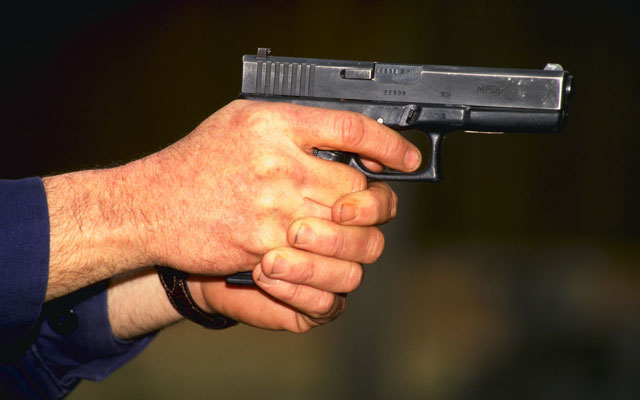The United States Court of Appeals for the Eleventh Circuit recently heard oral arguments in Wollschlaeger v. Florida, popularly known as the “Docs vs. Glocks” case, which involves an apparent conflict between the First and Second Amendments. Last year, a United States district court enjoined enforcement of Florida statute § 790.338, the Firearm Owners’ Privacy Act, on First Amendment grounds.
The case involves the Firearm Owners’ Privacy Act, which the Florida legislature passed in 2011 to “address constituents’ complaints about discrimination and harassment of gun owners by health care providers,” according to the appeal brief of the state of Florida. Given the President’s gun control campaign, noting as it does that “the Affordable Care Act does not prohibit or otherwise regulate communication between doctors and patients, including about firearms” (and tacitly encouraging doctors to ask about gun ownership), questions about the ability of the government to regulate professional speech are of immense importance.
The leading Supreme Court case on point is Lowe v. SEC, 472 U.S. 181 (1985). A concurrence by Justice Byron White lays out a useful conceptual distinction that has been used by American courts in professional speech cases ever since:
One who takes the affairs of a client personally in hand and purports to exercise judgment on behalf of the client in the light of the client’s individual needs and circumstances is properly viewed as engaging in the practice of a profession.… Where the personal nexus between professional and client does not exist, and a speaker does not purport to be exercising judgment on behalf of any particular individual with whose circumstances he is directly acquainted, government regulation ceases to function as legitimate regulation of professional practice with only incidental impact on speech; it becomes regulation of speaking or publishing as such, subject to the First Amendment’s command that “Congress shall make no law…abridging the freedom of speech, or of the press.”
By implication, client-facing speech in a regulated profession such as medicine is properly regulable consistent with the First Amendment. All things being equal, a professional (be that a doctor, a lawyer, a counselor, etc.) consents to certain speech restrictions as a condition of obtaining a state license. Certainly, there are additional considerations when the speech restrictions involve the Free Speech Clause in conjunction with the Free Exercise Clause (see Employment Division v. Smith, 494 U.S. 872 [1990]). But in garden-variety professional speech cases, even ones involving hotly contested political issues, the government has broad authority to regulate.
Ultimately, opponents of the Florida law are barking up the wrong tree, as the decision whether or not to prohibit doctors from inquiring about gun ownership falls squarely within the constitutional regulatory competency of state governments.
